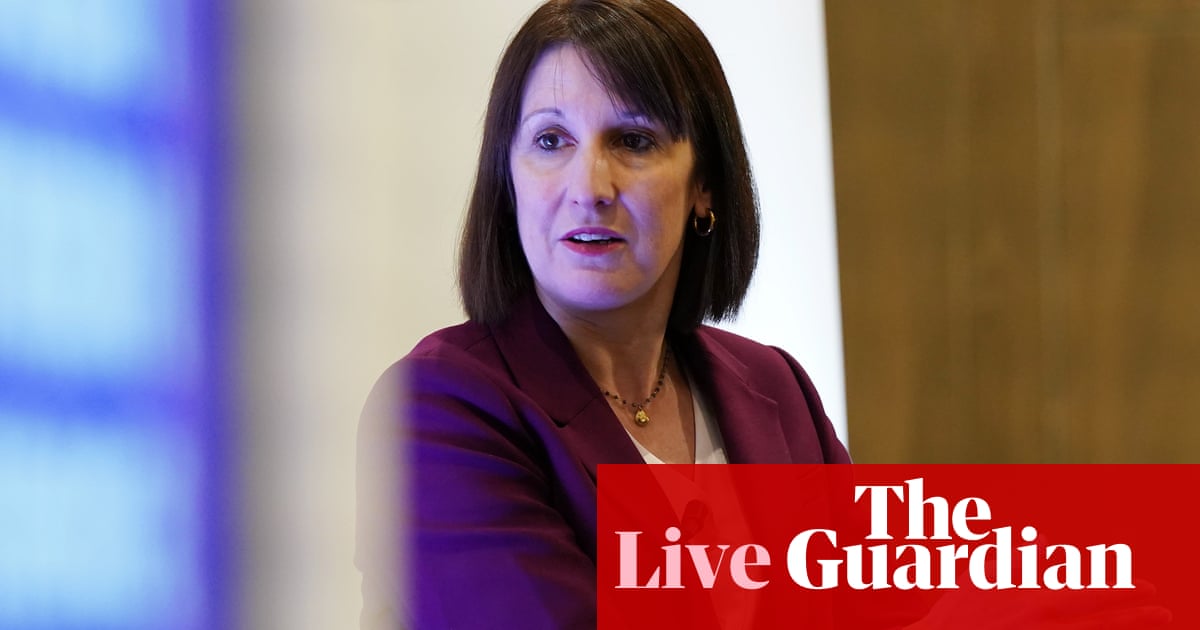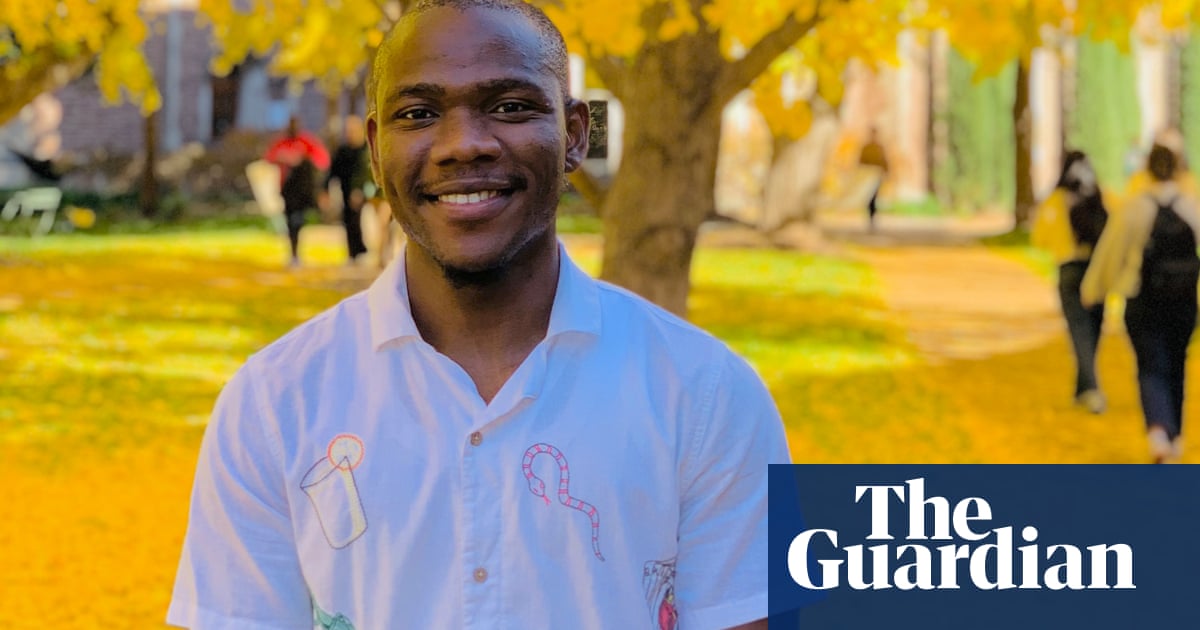The 40-page terminally ill adults (end of life) bill will be published on Tuesday. The bill’s main elements, released in advance, set out what it contains.
Who will be eligible for assisted dying under the new proposed law?
Adults with a terminal illness who are expected to die within six months will be eligible for an assisted death. The person must have the mental capacity to make a choice about the end of their life, and must express a “clear, settled and informed” wish, free from coercion or pressure. The bill excludes disability and mental illness as eligibility criteria.
If the bill is passed, only permanent residents of England and Wales registered with a GP for at least 12 months will be eligible.
What will the process be?
The person must make two separate declarations of their wishes, which must be signed and witnessed. They can change their mind at any time. Two independent doctors must be satisfied the person is eligible, and if necessary consult a specialist or expert in mental capacity. The application will then be heard by a high court judge. The assisted death cannot take place for a further 14 days unless the person’s death from illness is imminent.
The life-ending medication must be self-administered by the patient. It cannot be administered by a doctor or anyone else.
What about the risks of coercion or pressure?
Under the proposed legislation, it will be illegal to coerce or pressure someone to choose an assisted death, punishable by up to 14 years in prison.
How does this bill compare with the law elsewhere?
The proposals most closely align with the law in Oregon, the US state that legalised assisted dying for terminally ill, mentally competent adults with a prognosis of six months or less in 1997. The Oregon law has not been extended beyond terminally ill adults.
The proposed legislation for England and Wales is significantly more restrictive than the law in the Netherlands, which allows people who have an incurable condition, face unbearable suffering and are mentally competent to choose voluntary euthanasia or assisted dying.
Kim Leadbeater, the proposer of the new bill, says it contains “the strictest protection and safeguard of any legislation anywhere in the world”.
What about healthcare professionals who do not want to offer assisted dying?
No doctor will be under any obligation to participate in any part of the process. The British Medical Association (BMA) has lobbied hard for a conscience clause, arguing that healthcare professionals should have to opt in to an assisted dying service rather than opting out.
Surveys by professional bodies [pdf] have found a mixed response. In 2023, the Royal College of Surgeons found 53% of respondents were in favour of assisted dying and 25% opposed.
In 2019, a Royal College of Physicians survey found 31% in favour and 43% opposed, and a Royal College of GPs survey the same year found 40% in favour and 47% opposed. A BMA survey in 2020 found 50% backed assisted dying with 39% opposed.
What happens now?
MPs will debate and vote on the bill on 29 November. They have a free vote, meaning they can vote according to their conscience rather than along party lines.
If it passes, it will move to the committee stage, in which it will be scrutinised and probably amended. Further votes in both the Commons and the Lords are needed before it can become law.
The last time MPs voted on whether to legalise assisted dying was in 2015, when it was rejected 330 to 118. This time, the vote is expected to be much closer.

.png) 1 month ago
10
1 month ago
10













































